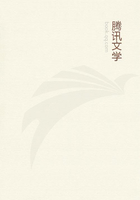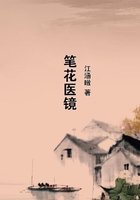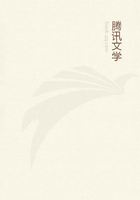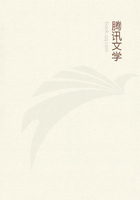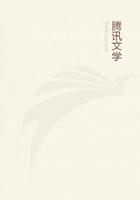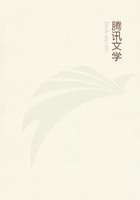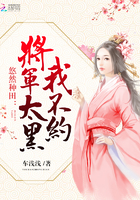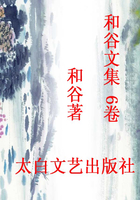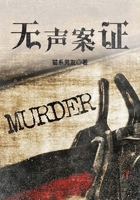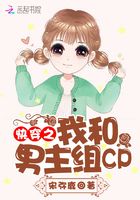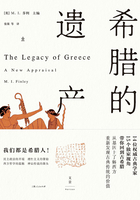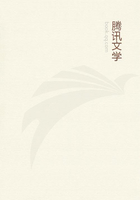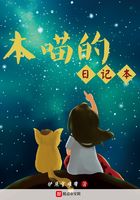Philosophy and theology were no longer to occupy the entire intellectual field, and other subjects for investigation must be found. In these circumstances what was more natural than that some should advocate a return to the classics and all that the classics enshrined? Again, the example set by the tyrants who had grasped the reins of power in the Italian States, by men like Agnello of Pisa, the Viscontis and Francesco Sforza of Milan, Ferrante of Naples, and the de' Medici of Florence, was calculated to lower the moral standard of the period, and to promote an abandonment of Christian principles of truth, and justice, and purity of life. Everywhere men became more addicted to the pursuit of sensual pleasure, of vain glory, and material comfort; and could ill brook the dominant ideas of the Middle Ages concerning the supernatural end of man, self-denial, humility, patience, and contempt for the things that minister only to man's temporal happiness. With views of this kind in the air it was not difficult to persuade them to turn to the great literary masterpieces of Pagan Rome, where they were likely to find principles and ideals more in harmony with their tastes than those set before them by the Catholic Church.
The thirteenth, fourteenth, and fifteenth centuries, then, mark a period of transition from the Middle Ages to modern times. They saw a sharp struggle being waged between two ideals in politics, in education, in literature, in religion, and in morality. In this great upheaval that was characterised by a demand for unrestricted liberty of investigation, a return to the study of nature and of the natural sciences, the rise and development of national literatures, and the appearance of a new school of art, the Humanist movement or the revival of the study of the classics, the /literae humaniores/, played the fundamental part. In more senses than one it may be called the Age of the Renaissance.
Nor was it a matter of chance that this revival of interest in classical studies should have made itself felt first in Italy, where the downfall of the Empire, and the subsequent development of petty states seem to have exercised a magical influence upon the intellectual development of the people. The Italians were the direct heirs to the glory of ancient Rome. Even in the days of their degradation, when the capital deserted by the Popes was fast going to ruin, and when foreigners and native tyrants were struggling for the possession of their fairest territories, the memory of the imperial authority of their country, and the crumbling monuments that bore witness to it still standing in their midst, served to turn their patriotic ardour towards the great literary treasures bequeathed to them by Pagan Rome. Greek literature, too, was not forgotten, though in the thirteenth century few western scholars possessed any acquaintance with the language. Many causes, however, combined to prepare the way for a revival of Greek. The commercial cities of Italy were in close touch with the Eastern Empire, especially since the Crusades; ambassadors, sent by the Emperors to seek the assistance of the Pope and of the Western rulers in the struggle against the Turks, were passing from court to court; the negotiations for a reunion of the Churches, which had been going on since the days of the first Council of Lyons, rendered a knowledge of Greek and of the writings of the Greek Fathers necessary for some of the leading ecclesiastics of the West; while, finally, the fall of Constantinople in 1453 forced many Greek scholars to seek a refuge in Italy or France, and provided the agents sent by the Popes and Italian rulers with a splendid opportunity of securing priceless treasures for the Western libraries.
Though Dante (1265-1321) is sometimes regarded as the earliest of the Humanist school[2] on account of his professed admiration for some of the Pagan masters and of the blending in his /Divina Comedia/ of the beauties of Roman literature with the teaching of the Fathers and Scholastics, still, the spirit that inspired him was the spirit of Christianity, and his outlook on life was frankly the outlook of the Middle Ages. To Petrarch (1304-74) rather belongs the honour of having been the most prominent, if not the very first writer, whose works were influenced largely by Humanist ideals. Born in Arezzo in 1304, he accompanied his father to Avignon when the latter was exiled from Florence. His friends wished him to study law; but, his poetic tendencies proving too strong for him, he abandoned his professional pursuits to devote his energies to literature. The patronage and help afforded him willingly by the Avignonese Popes[3] and other ecclesiastics provided him with the means of pursuing his favourite studies, and helped him considerably in his searches for manuscripts of the classics. Though only a cleric in minor orders, he was appointed Canon of Lombez (1335), papal ambassador to Naples (1343), prothonotary apostolic (1346), and archdeacon of Parma (1348). These positions secured to him a competent income, and, at the same time, brought him into touch with libraries and influential men.

